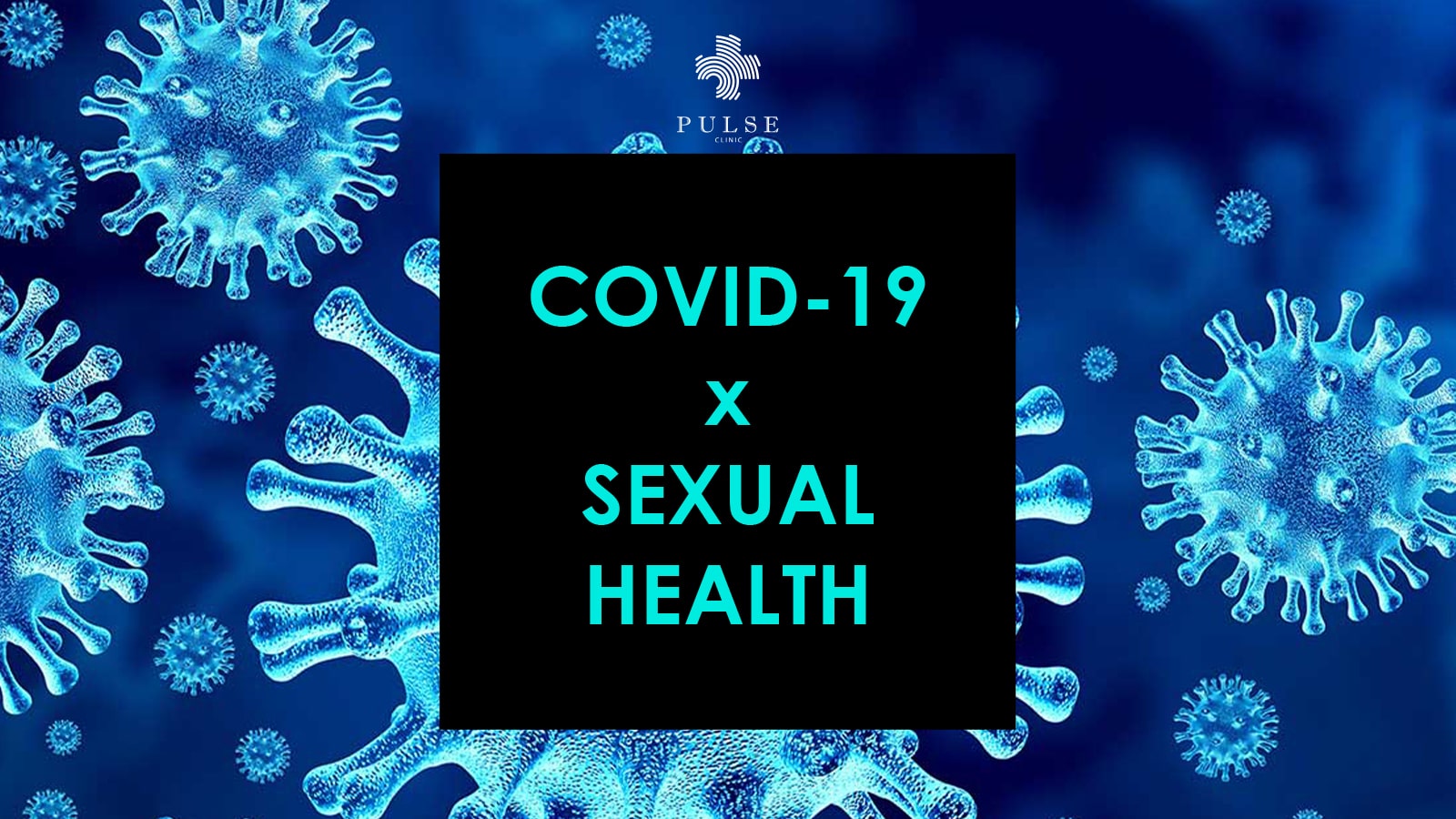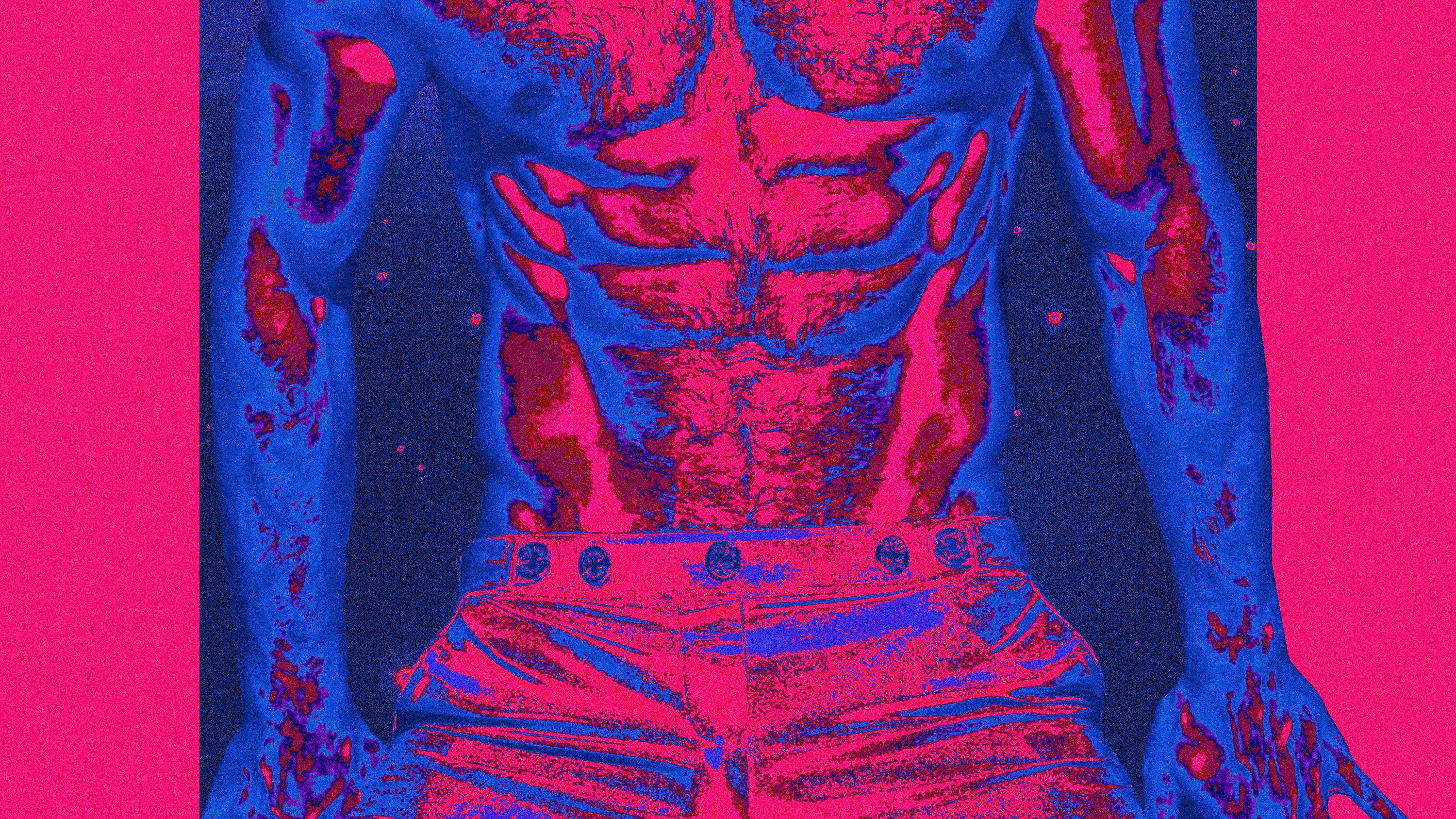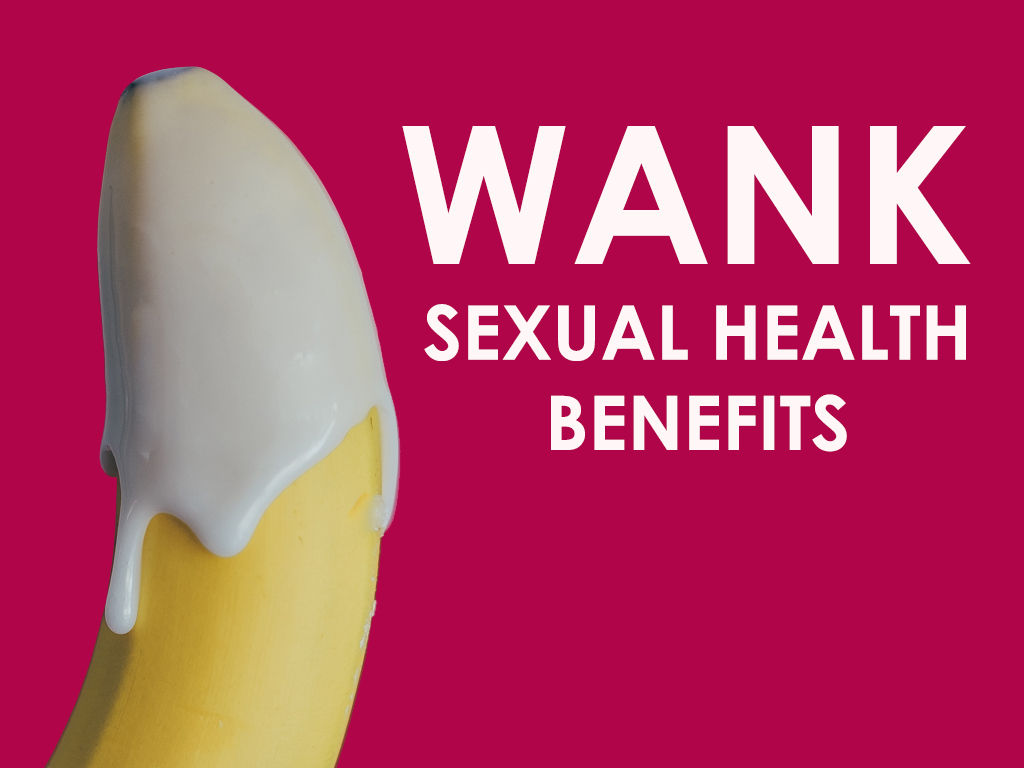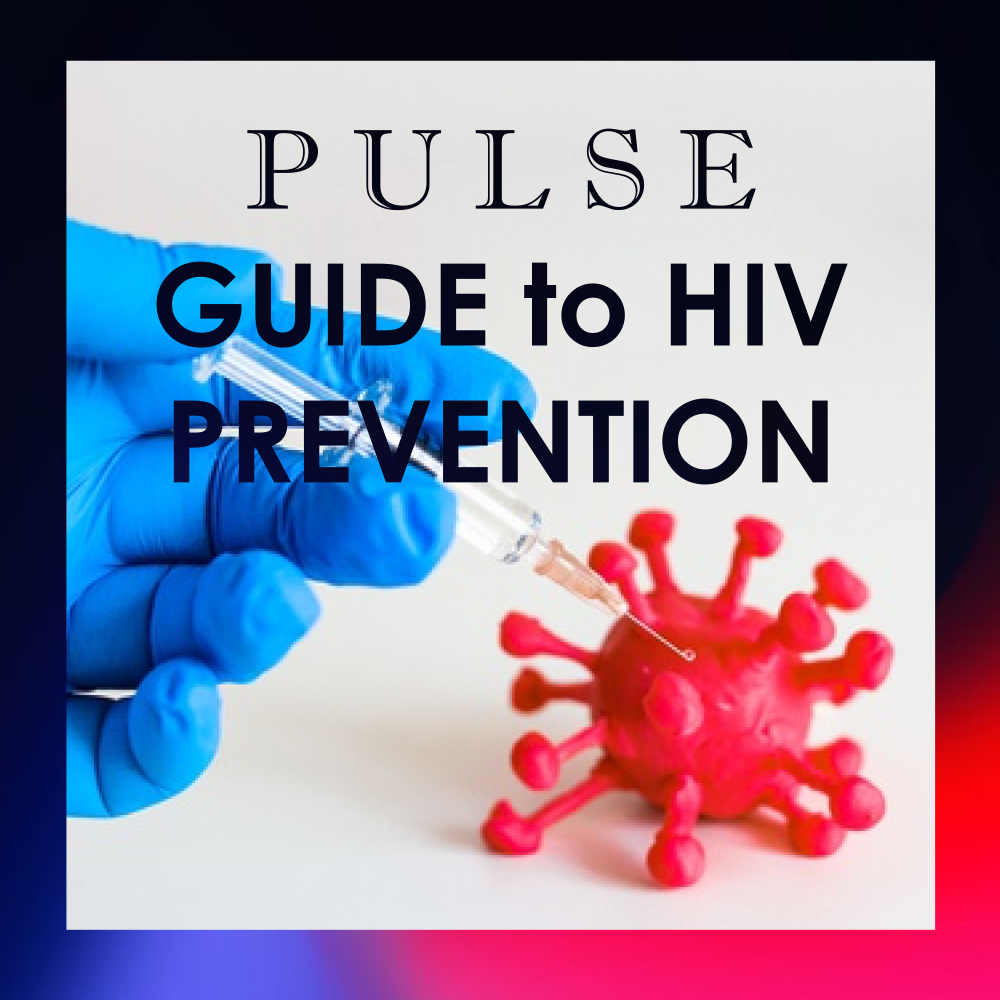COVID-19 & Sexual Health
16982
COVID-19, it doesn’t spread through sex but it does spread through the air that you breathe on each other when you have sex.
Travel Calculator
When is your flight?
Time: :
Country / Airline guidance on the number of hours prior to flight departure test to be taken
*** If you have any transit flights, please contact our staff to help you find the suitable time to get the test.

Written by Dr.Deyn Natthakhet Yaemim, 29 March 2020
Medically Reviewed and updated by Dr.Deyn Natthakhet Yaemim, 23 January 2021
COVID-19 AND SEXUAL HEALTH
How does preventive measures ''Social distancing'' affect the treatment of people living with HIV and other sexually transmitted diseases?
1. Correcting the term:
Personally I think the term “social distancing” is not the right term. It makes people feel detached form the society and depressed. We want to prevent transmission of the coronavirus and we can do so by being “physically distant” from other people in case we are infected. Then we won’t pass it on to other people who might be weaker and will get sick and if we are not infected, we stay physically distant to prevent ourselves from being exposed to the virus.
With physical distant, we can still be socially connected by making a phone call, video call, or through social media. This way we can remain socially and psychologically healthy.
2. Problems with continuous HIV treatment:
Because of this lockdown, some people are stuck in different countries where it can be difficult for them to get their medication refilled even though the regimen is available. So-called developed countries in the Global North are using the latest medications that are often not available in developing countries in the Global South. When patients from these countries visit and, due to travel restrictions, get stuck in developing countries where their regimen are not available or the services are limited or staff are not being HIV or LGBT friendly, this could lead to disruption of continuous HIV care. If these patients miss their HIV medication for just 2 weeks, it might allow HIV to develop a mutation which will resist to their standard treatment and will lead to treatment failure. That means their standard treatment that has been working for years and years will fail. There will be the need of newer medications. If it’s not available, people can get sick of AIDS again, and AIDS may come back as a consequence of the corona virus crisis.
3. Disruption of continuous treatment for other STIs such as latent syphilis, hepatitis C virus.
There are a number of patients with latent syphilis who need treatment with injection once a week for three consecutive weeks, lockdown and travel ban means some people will not receive a full course of treatment. According to our experience, patients under syphilis treatment prefer injections with Penicillin. The alternative treatment with a longer course of doxycycline has more side effects, takes longer and patients usually do not want it and/or can’t finish it. This may lead to treatment failure in some cases and they will continue to spread the infection. Another example is Hepatitis C treatment, nowadays hepatitis C virus is treated with medication one pill once a day for 3 months, and any disruption in continuous healthcare can decrease the effectiveness of this treatment.
4. Mental wellbeing:
Physical distancing makes people feel lonely
As mentioned, people are still trying to meet up and hook up through dating application. Humans need bodily contact to feel connected, we are social animals. In these time, we lack contact and try to substitute it through hook-ups. It is very important to stay physically, mentally and socially healthy during this crisis.
5. People are still having sex:
Physical distancing makes people feel horny. Look at Pornhub letting people subscribe premium for free, Grindr is letting people use their filter function for free. People do not want to be alone and have the urge to meet someone and they are still trying to meet up and hook up even though during this lockdown. In terms of COVID-19, it doesn’t spread through sex but it does spread through the air that you breathe on each other when you have sex. In terms of STI, if one person is infected with an STI and he doesn’t want to go to the hospital because he doesn’t want to risk being exposed to coronavirus, he may then pass the infection on to other people he has sex with. And we know that a lot of bacterial and viral STDs can transmit through kissing, licking, rimming and oral sex. If you are sexually active, sexual health screening is still important and this is a good time to do so because many of us has never tested at all and these bacteria and virus do not care if you are at the hospital or at home, which country are you from, or if you sleep with men or women or both. If you are sexually active, you need to get tested and treated. And that’s why P U L S E clinics throughout the region stay open, our staff speaks English, everybody is welcome in our clinics and you can avoid the trip to hospital by coming to specialized clinic like us instead.
6. It’s easier to go to a specialized clinic than hospital::
Lockdown in some cities makes it more difficult for a lot of people to go to their hospital to refill their medications, you also have to understand that with the increased number of covid-19 patients and with the limited number of ICU units and medical instruments such as ventilators as well as healthcare providers such as doctors and nurses, some general hospitals may lack of general health services because they are needed for something more urgent and more emergency to take care of. So even if someone with an STI who experiences symptoms may want to get tested and treated may get turned away at a general hospital, we, as specialized clinic, are available.
Trust PULSE CLINIC to take care of your health like other 45000 people from over 130 countries. We provide discreet professional service with high privacy. Here to help, not to judge.
What is the proposal for managing patients to receive continuous medication and treatment?
1. Love our patients. Keep patients informed and updated, let our patients know what to expect while keeping the best healthcare-patient relationship.
2. HIV services must continue to be made available for people living with and at risk of HIV. This includes ensuring the availability of condoms, opioid substitution therapy, sterile needles and syringes, harm reduction, pre-exposure prophylaxis (PrEP), HIV testing and HIV treatment.
3. Online services including online consultation, online prescription for stable patients and regular PrEP users must be legalized and officially available.
4. Multimonth prescription: To prevent people from running out of medicines and to reduce the need to access the health system, countries should move to the full implementation of multimonth dispensing of three months or more of HIV treatment.
5. Learn about and use available technologies. Having systems in place to monitor and track patient adherence, proactively communicate and document interactions can save healthcare provider a lot of time and costs while improving patient outcomes.
6. Other important interventions are communication, good quality in patient- nurse relationship, and collaboration of a team of healthcare professionals.
7. Every patient is unique, healthcare provider must always provide personalized solution to each individuals.
Where Can I Get Emergency Help with HIV Medications and PrEP refill?
![]() Malaysia
Malaysia
PULSE Clinic Bukit Bintang, Kuala Lumpur info.kl@pulse-clinic.com Tel: +60321102122, Whatsapp +601165388678
PULSE Clinic Bangsar, Kuala Lumpur info.kl@pulse-clinic.com Tel: +60321102122, Whatsapp +601165388678
Hong Kong
PULSE Clinic Central, Hong Kong info.hk@pulse-clinic.com Tel: +852 2389 8250
![]() Singapore
Singapore
PULSE Clinic Tanjong Pagar, Singapore info.sg@pulse-clinic.com Tel: +65 6974 5919
![]() Thailand
Thailand
PULSE Clinic Silom Bangkok info.silom@pulse-clinic.com Tel: +66959156385
PULSE Clinic Nana Bangkok info.nana@pulse-clinic.com Tel: +66959156385
PULSE Clinic Patong Beach, Phuket info.phuket@pulse-clinic.com Tel: +66076633368, +66952615282
PULSE Clinic Sukhumvit 37, Bangkok (Open April 2021)
PULSE Clinic Airport Link Phayathai, Bangkok (Open April 2021)
EU Health – Executive Health center Asoke, Bangkok (Coming soon)
EU Health – Executive Health center Ploenchit, Bangkok (Coming soon)
Other Countries Without PULSE CLINICS and EU Clinic, contact #BuyPrEPonline
download PULSE CLINIC mobile application here
APPOINTMENTS BOOKING
Add us on Line and stay in touch.







